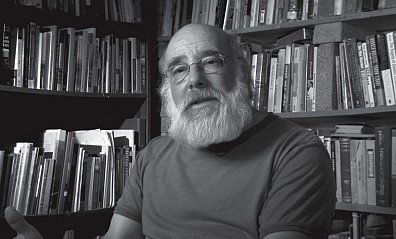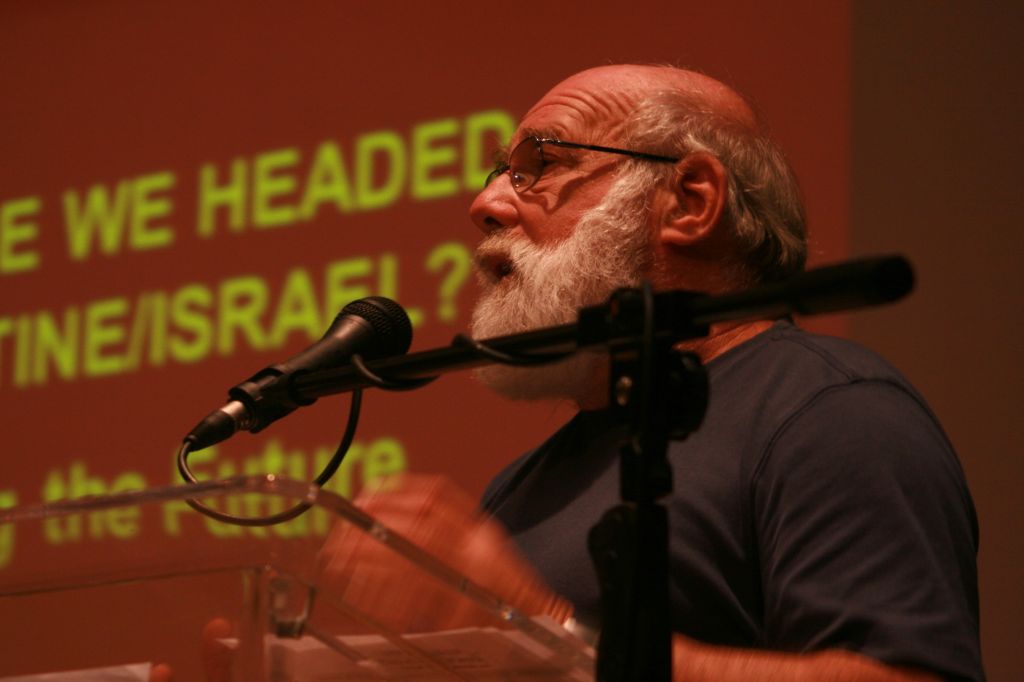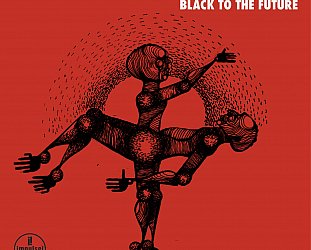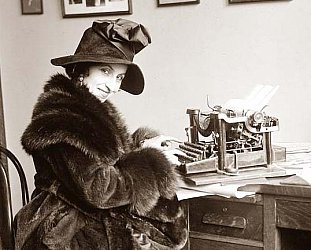Graham Reid | | 9 min read

We have a joke in Israel, says Jeff Halper, that Thailand is closer to Israel than the West Bank.
"Israelis know there is Thailand, they want to go, you can get a guide book and buy a ticket. A lot of Israelis go to Thailand after being in the Army.
"Whereas the West Bank and Gaza are blank spaces in the cognitive maps of Israelis. They don't know those places.
"Israelis can't tell you whether Ramallah is north or south of Bethlehem, they know nothing about it, they don't want to know about it."
He offers a bemused but angry shrug.
Halper, 58, an American-born professor of anthropology at Ben-Gurion University in southern Israel - is the co-ordinator of the Israeli Committee against House Demolitions and an articulate speaker about relations, or the lack of them, between Israelis and Palestinians. He has written and lectured widely on the plight of Palestinians, the occupation of land by Israelis and the wall of ethnic separation being built.
He has written and lectured widely on the plight of Palestinians, the occupation of land by Israelis and the wall of ethnic separation being built.
He has also written about the flawed peace process which he says Israel entered in bad faith, never intending to allow for a viable Palestinian homeland.
He is at present in New Zealand promoting the film Re-Framed, a documentary by New Zealander Jo Luping in which he features as one of the peace activists working at grassroots level to bring an end to the decades-long conflict between Israelis and Palestinians.
The way to do that, he says, is by reframing the mindset in Israel which either sees Palestinians as the Arab enemy, or not at all.
"Palestinians are simply not a factor for most Israelis, they are just there and nobody cares what happens to them.
"About 70 per cent of Israelis, in most polls, are not interested in the [Israeli] occupations [of the West Bank and Gaza].
"They like the wall, they want the separation. They think, 'Just get this albatross off our necks, we don't care'. So there is a deal struck between the public and the Government.
"The people want to get on the bus and go to work, and their kids to go to school and back in safety.
"That's what they want the Government to deliver and they don't care how that's done. If it means establishing a Palestinian state and dismantling all the settlements, 'then do it, to hell with the settlements'.
"If it means putting Palestinians on buses and shipping them out of the country, 'then do it'. "If it means building a wall so high even birds can't fly over it, 'then do it. All we want is peace and quiet. Deliver that and you can do anything you like'."
"If it means building a wall so high even birds can't fly over it, 'then do it. All we want is peace and quiet. Deliver that and you can do anything you like'."
Halper says Israel has long adopted the role of victim in the conflict, which is convenient and self-serving.
"A victim has no responsibility, you can't call a victim to task.
"Israelis have got into this mindset that Palestinians aren't partners for peace, that you can't talk to them, that all they want to do is throw us into the sea, that we offered them [peaceful solutions] and the response was violence - so they deserve everything they get.
"If you have that mindset, the Israeli response to things that absolutely appal people abroad like the wall and house demolitions, is 'They brought it on themselves, they could have had a country'."
It's rubbish, he says. Former Prime Minister Ehud Barak never made any generous offers.
"But that lets Israelis off the hook and they want not to be responsible. Issues of Palestinian suffering aren't part of the discussion."
To counter this perception of Palestinians as natural enemies, the "critical left" of which he is a part - "different from the liberal left, we expose ourselves to the realities of occupation and cannot agree with the Zionist ideology that [Israelis] are the good guys" - takes small groups of interested Israelis into Palestinian villages to see for themselves.
They have 20 trained Israeli guides who do between 15 and 20 tours a month. The reality of life for Palestinians - where they have to pass through checkpoints manned by young and sadistically aggressive Israeli soldiers, and watch the destruction of homes and farms by Israeli bulldozers - confronts the Israeli visitors and makes them recognise the contradiction between what they have heard about Palestinians being aggressors and what they witness.
The reality of life for Palestinians - where they have to pass through checkpoints manned by young and sadistically aggressive Israeli soldiers, and watch the destruction of homes and farms by Israeli bulldozers - confronts the Israeli visitors and makes them recognise the contradiction between what they have heard about Palestinians being aggressors and what they witness.
"They have accepted the idea they are demolishing homes because [Palestinians] are terrorists, but they go and see the opposite. The settlements are being built because Israelis want the land - and they aren't just settlements, they are massive cities. This is a land grab."
Halper says the working assumption of all Israeli governments is that Arabs are their enemies so no peace will be possible.
Halper has a unique view of Israel, a country he went to in 1973 as a non-practising, third-generation American Jew. He was curious about his heritage and went to do doctorate field work.
He immersed himself in Israeli society, worked with Jews in Kurdistan, wrote a history of 19th century Jerusalem and was instrumental in bringing Ethiopian Jews to Israel.
"But I was critical from the beginning, and never went as a Zionist.
I accept the idea that the Jews have a genuine tie to the country but what ruined everything is not the Jewish claim to land or wanting to develop a national culture or a place of refuge.
"It's the idea of exclusivity, that this is our country and nobody else has a right to this place, that there are no Palestinian people and the Arabs have no national claims and they can live there by sufferance if they behave themselves.
"Once you deny a people their patrimony and rights then you set up a conflict that will last forever. I'd never been brought up like Israeli kids with negative stereotypes of Arabs and I was coming from a pluralistic society ... That led me into the peace process."
Halper says the entrenched Israeli belief that Palestinians are the enemy means allowing them to establish a sovereign state in the belly of Israel is inconceivable.
Israel never intended to get out of the occupied territories.
As an anthropologist Halper's text is what he sees on the ground. During the seven-year peace process from 1993 Israel doubled the number of settlements from 200,000 in the occupied territories "so there never was any real intention of allowing for a viable Palestinian state".
"And Palestinians don't need just a state, they need a viable state. Sixty per cent of people in the occupied territories and refugee camps are under 25, so these are kids who are brutalised, have had no education for a generation, and are traumatised. "Eleven thousand houses have been demolished since 1967 and 55 per cent of the young people who are suicide bombers have had their houses demolished.
"Eleven thousand houses have been demolished since 1967 and 55 per cent of the young people who are suicide bombers have had their houses demolished.
"They are traumatised people. Israel has destroyed the infrastructure and left scorched earth, so they need a real state."
Halper says given the entrenched attitudes in his homeland he takes his message abroad.
There have been small but discernible shifts in international public opinion - often as a result of the excesses of the Israeli Government - but it hasn't reached these countries' Governments. As long as Israel can count on the support of the American Congress little will change.
As long as Israel can count on the support of the American Congress little will change.
But if America changes its isolationist policies and re-integrates with the world, that will be a turning point.
But what is emerging is the strength of the International Civil Society, which is more organised and has more clout than public opinion.
Backed by international law, it is drawing attention to injustice and violation of human rights.
Halper compares the Palestinians' plight to that of black South Africans under apartheid with boycotts and isolation of Israel becoming real possibilities.
"In the end you just come up with an almost religious faith or Hollywood ending, and that is that freedom has to win out, that occupation and injustice can't last forever.
"So when push comes to shove you just end up saying, 'I don't know how it's going to happen, but I can't believe that this will last forever'."





post a comment